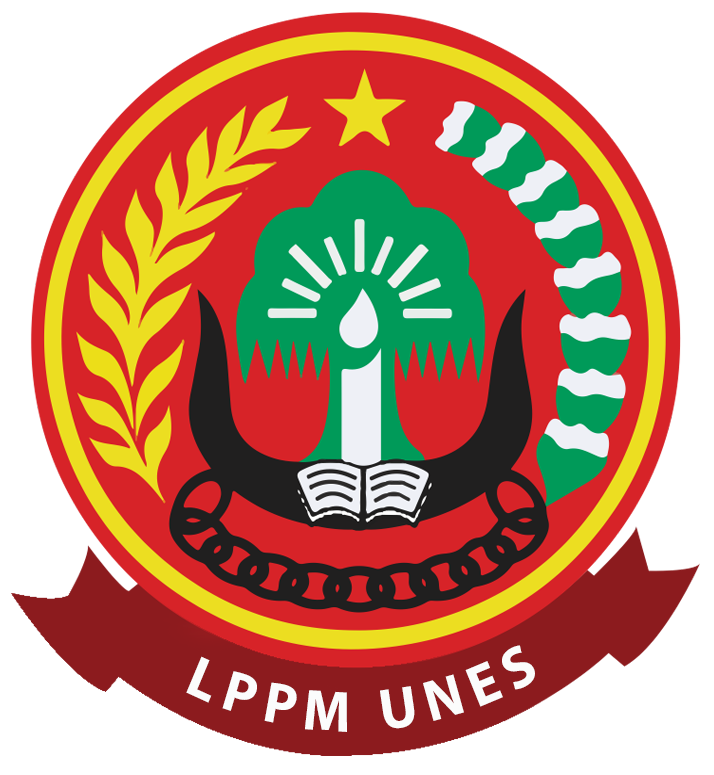VESPA COMMUNITY JARGON IN PADANG CITY: SOCIOLINGUISTIC REVIEW
DOI:
https://doi.org/10.31933/jige.v1i3.693Keywords:
Jargon, Vespa Community, SociolinguisticsAbstract
The Vespa community in Indonesia includes many members and lovers. So big, the name of the Vespa community in Indonesia has also been heard to foreign countries. One city that also has a vespa community is the city of Padang. The cohesiveness of the community Vespa lovers is getting bigger. There are not a few national-scale events held in any city, always attended by the Vespa community from all over Indonesia. This article was written to describe the language, types, and meaning of the jargon used by the Vespa community jargon users in the city of Padang. The research data is in the form of the Vespa community's jargon in the city of Padang. The data sources for this research are conversations and dialogues between community members and researchers as communication interactions. Data collected using methods and techniques that have been discovered by previous experts. The first research finding, the language jargon used by the Vespa community in Padang City can be seen from the use of language considered as the Vespa community jargon while the languages used are Indonesian, English and Regional (Minangkabau), Indonesian and English together. Second, the forms can be divided into abbreviations, words, phrases and clauses. Third, it means that the jargon that is formed is not the true meaning of the connotation. Fourth, the vespa community in the city of Padang uses jargon which functions as a tool for communication in familiar places, communication that is relaxed and not tied to anything.
References
[2] Take care , A. Chaedar . 2005. Introduction Study linguistics applied . Bandung: PT. Qibla Book Main .
[3] Alex, Sobur . 2009. Analysis Text Media . Bandung : Teenagers Rodaskarya .
[4] Aslinda , and Leni Syafyahya . 2010. Introduction Sociolinguistics . Bandung: Refika Aditama .
[5] Chaer , Abdul. 2012. Linguistics general . Jakarta: Rineka Create .
[6] Chaer , Abdul and Leoni Augustine . 2010. Sociolinguistics Introduction Beginning : Edition Revision . Jakarta: Rineka Create .
[7] Chaer , Abdul. 2007. Study Language : Internal Structural , Usage and Learning . Jakarta: Rineka Create .
[8] E. Bimas Saputra , “THE EFFECT OF TEACHER COMMUNICATION ABILITY AND LEARNING MOTIVATION ON STUDENT LEARNING OUTCOMES IN ECONOMIC LESSONS FOR CLASS XI IPS SMA EKASAKTI IN PADANG ACADEMIC YEAR 2015/2016”, JIGE , vol. 1, no. 1, pp. 1-10, Mar. 2022.
[9] Halliday , MAK 2002. Linguistic Studies of Text and Discourse. London-New York: Continuum.
[10] Keraf , Gorys . 2012. Diction and Language Style . New York : Gamedia .
[11] Kridalaksana , Harimurti . 2009. Dictionary Linguistics . Jakarta: PT Gramedia References Main .
[12] Maksan , Marjusman . 2005. Science language . Padang: IKIP Padang Press.
[13] Moleong . 2011. Methodology Study Qualitative . Jakarta. Rosda .
[14] Nababan , PWJ Sociolinguistics : One Introduction . Jakarta: Rineka Create
[15] Pateda , Mansyur . 2005. Linguistics ( a Introduction ). Bandung: Space .
[16] Parera JD 2004. Theory Semantics . Erlangga . Jakarta. 288 pp . .
[17] Sugiyono . 2007. Statistics For Research . Bandung: Alphabet , cv .
[18] Sugono , D., et al . 2008. KBBI edition fourth . Jakarta: PT. Gramedia References Main .
[19] Suwito . 1983. Introduction Beginning Sociolinguistics Theory and problem . Surakarta: Henari Offset.
[20] Tarigan , Henry Guntur. 2009. Teaching Semantics . Bandung: Space .
Downloads
Published
How to Cite
Issue
Section
License
Authors who publish their manuscripts in this journal agree to the following conditions:
Copyright in each article belongs to the author.
- The author acknowledges that Journal International on Global Education (JIGE) has the right to be the first to publish with a license Creative Commons Attribution 4.0 International (Attribution 4.0 International (CC BY 4.0).
- Authors can submit articles separately, and arrange the distribution of non-exclusive manuscripts that have been published in this journal to other versions (for example, sent to the author's institutional repository, publication in books, etc.), by acknowledging that the manuscript has been published for the first time in Journal International on Global Education (JIGE).
























